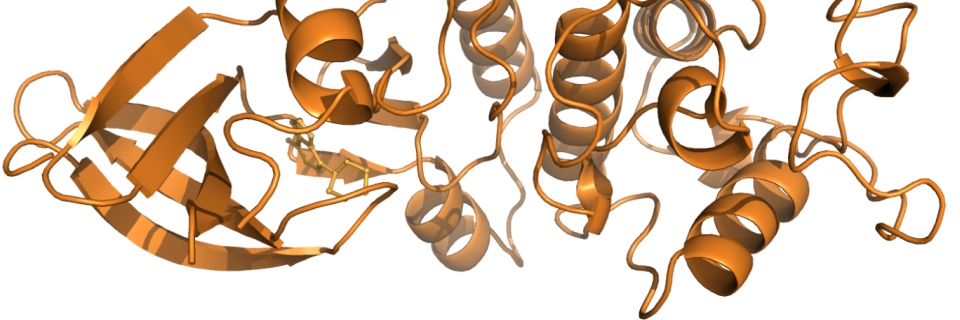
Introduction
The Department of Experimental Biology was established on 1 January 2021 through the reorganization of the Laboratory of Growth Regulators, during which working groups focused on pharmacognosy, medicinal chemistry, chemical and structural biology were set aside. The members of the department focus on the identification of unknown natural compounds, the preparation of new compounds that can be used for the therapy or diagnosis of human diseases. Their chemical and biological properties are studied in detail using methods of structural and molecular biology, biochemistry and modern instrumental analysis. The results are regularly published in prestigious scientific journals.
The multidisciplinary nature of the research often requires collaboration with experts from other departments within our faculty and beyond. And, despite its short history, the department has extensive contacts with other research institutes in the country and abroad working on similar or complementary topics.
The department also plays a major role in the theoretical and practical teaching of Experimental Biology at undergraduate, masters and doctoral level, as well as in some other related biological and chemical disciplines. Students gain experience in instrumental analytical, biochemical and molecular biological methods. After graduation, they go on to successful careers in health care, hygiene, pharmaceuticals, the food industry and agriculture.



![Characterization of new highly selective pyrazolo[4,3-d]pyrimidine inhibitor of CDK7](/fileadmin/_processed_/9/c/csm_biomed_phar_0c4828303e.gif)

![H-Pyrazolo[4,3-f]quinoline-Based Kinase Inhibitors Inhibit the Proliferation of Acute Myeloid Leukemia Cells In Vivo](/fileadmin/_processed_/5/9/csm_jmc_c8ebed30ef.jpg)

![Imidazo[1,2‐c]pyrimidin‐5(6H)‐one inhibitors of CDK2: Synthesis, kinase inhibition and co-crystal structure](/fileadmin/_processed_/f/9/csm_ejmech_195cfd3289.gif)